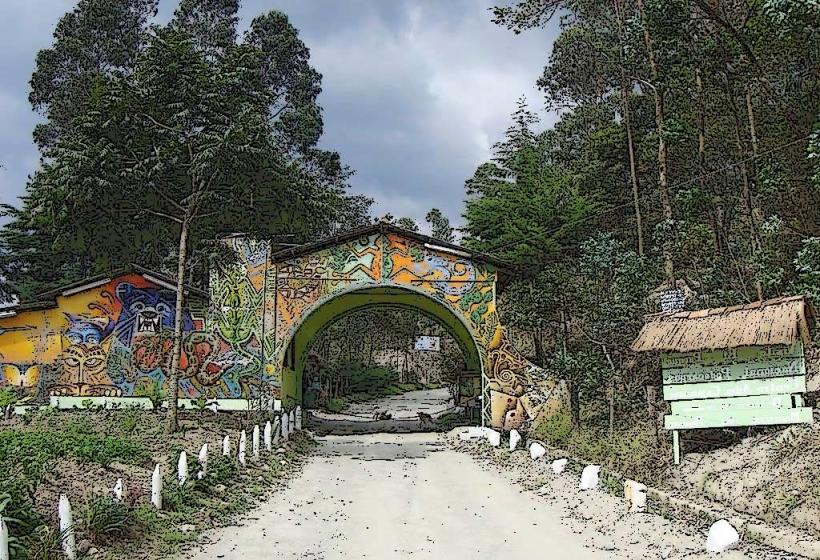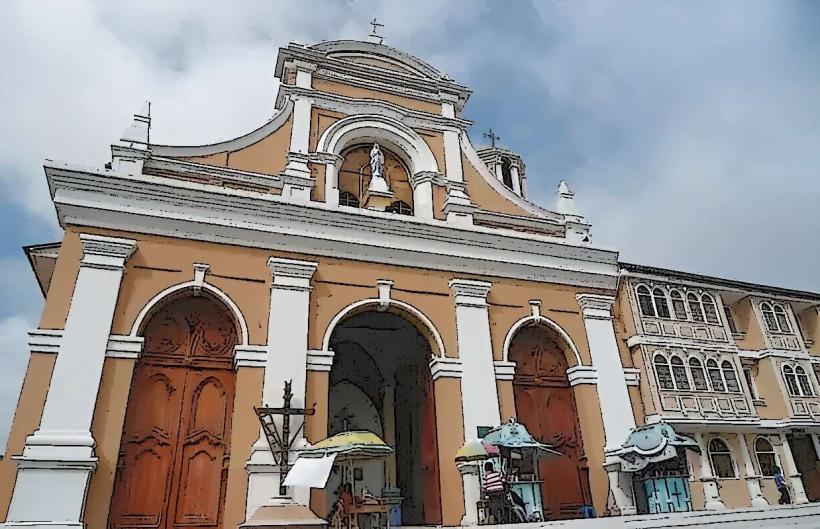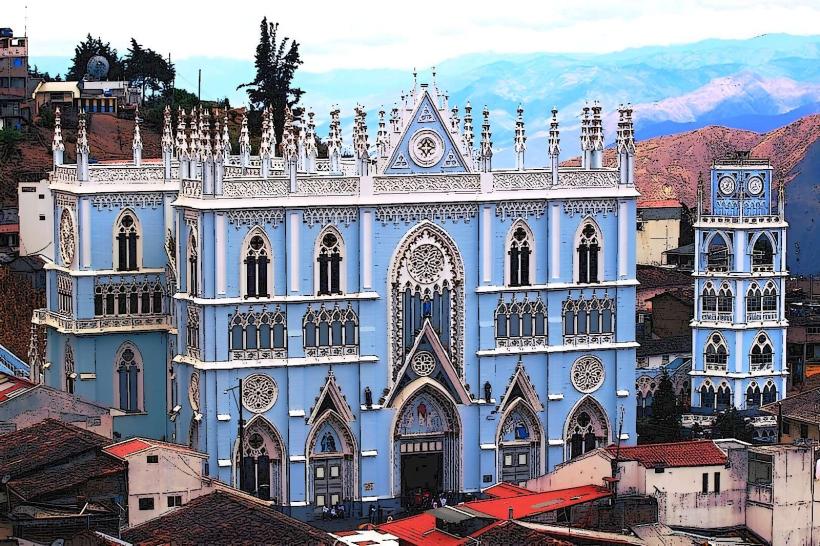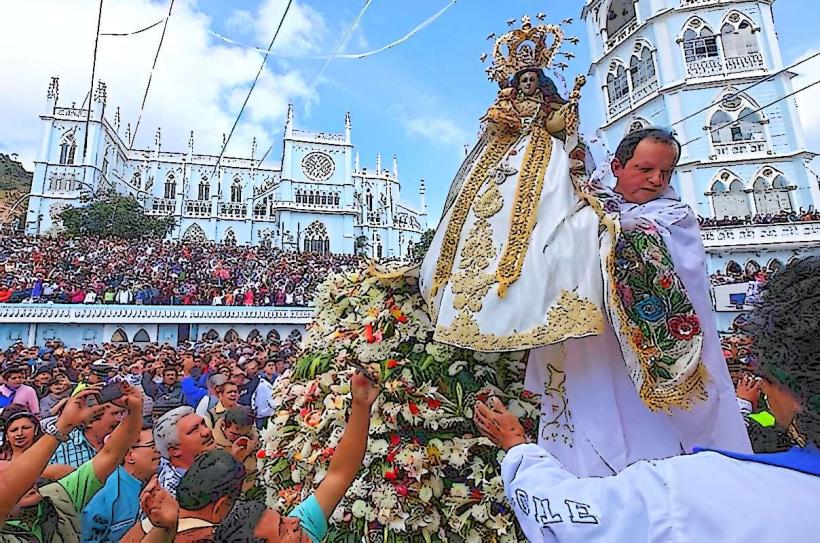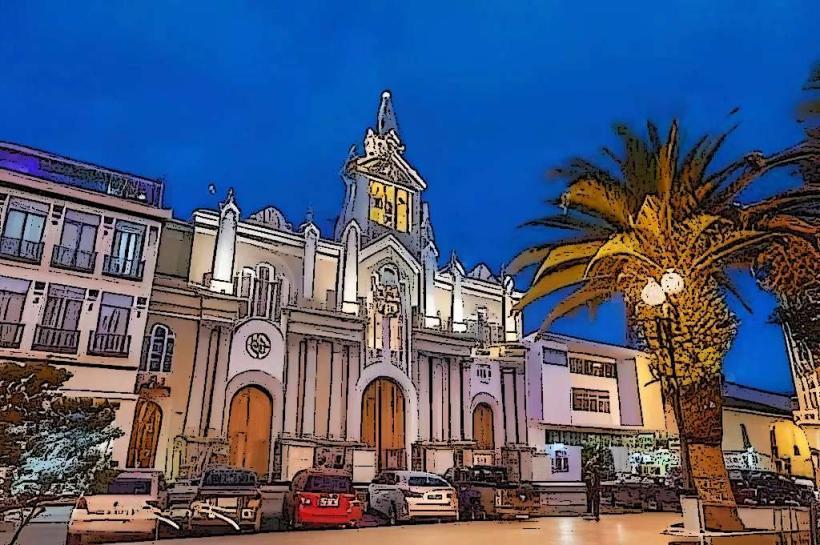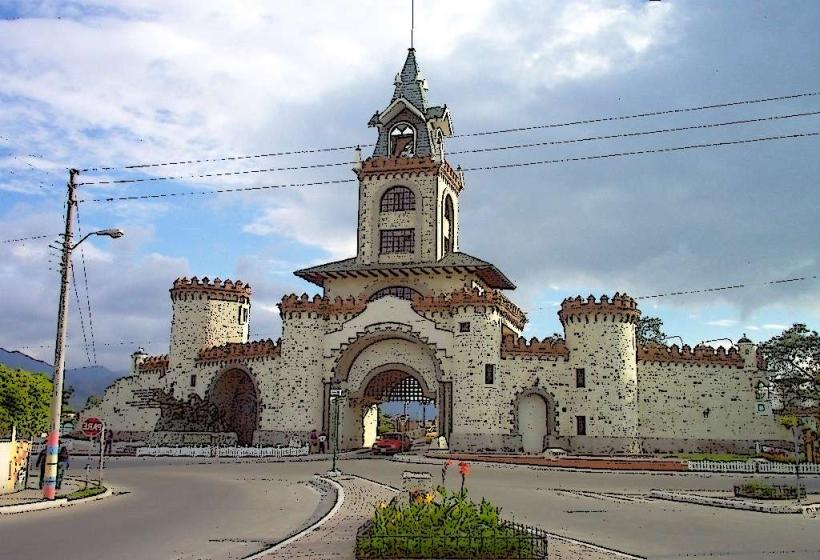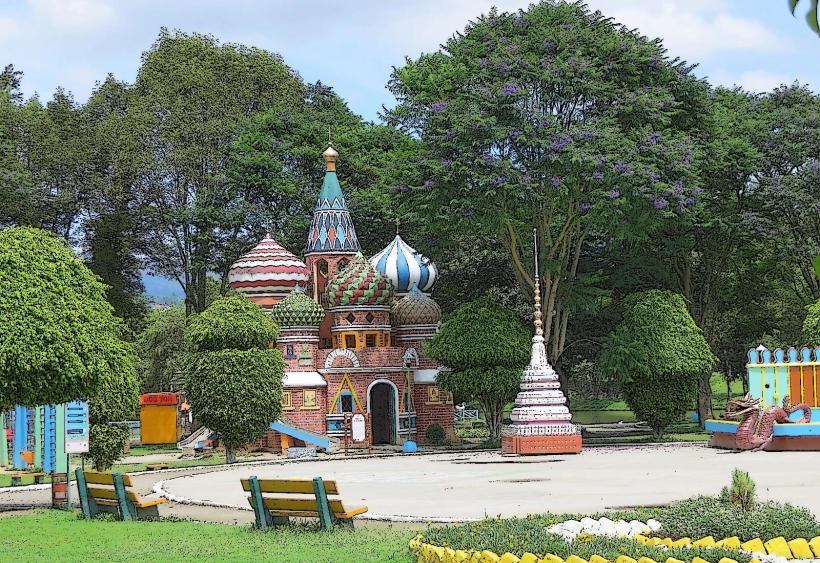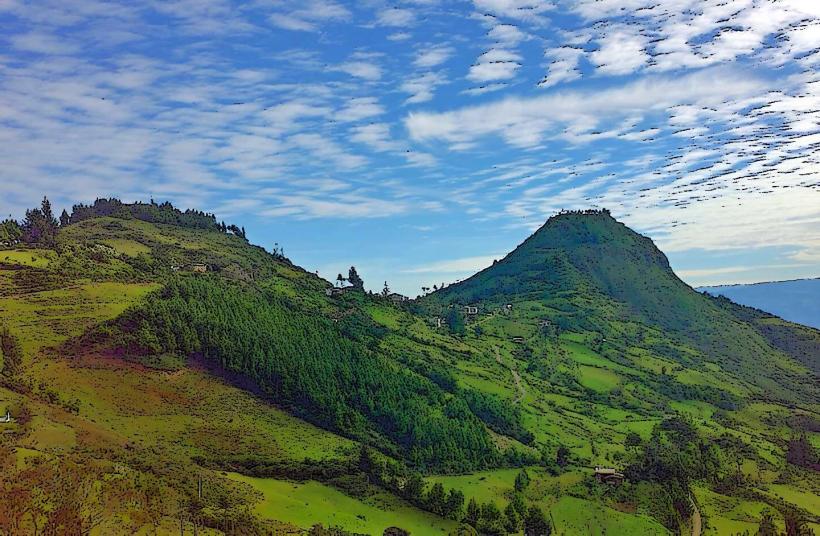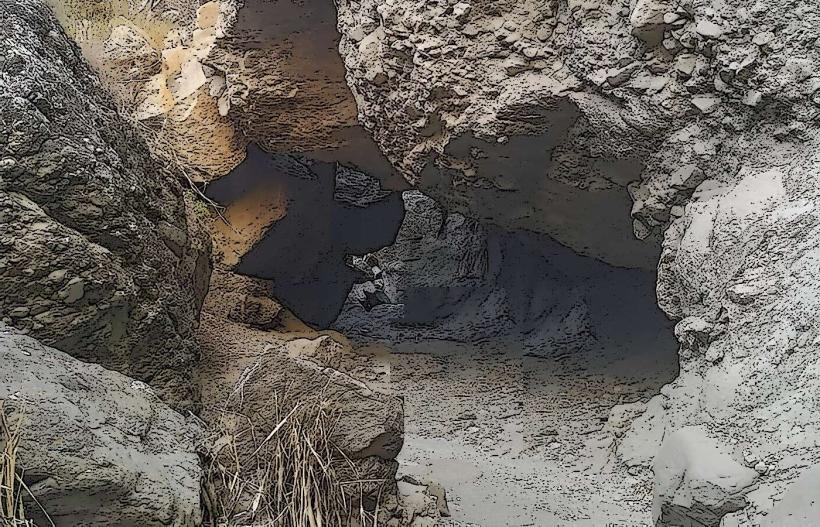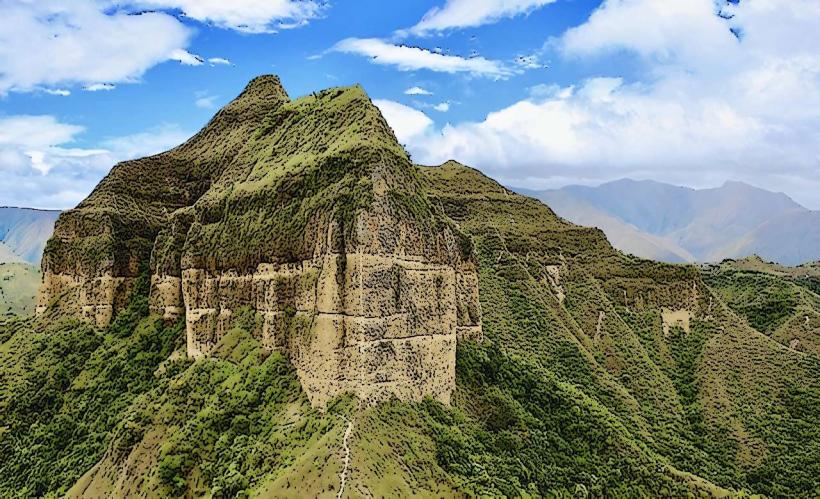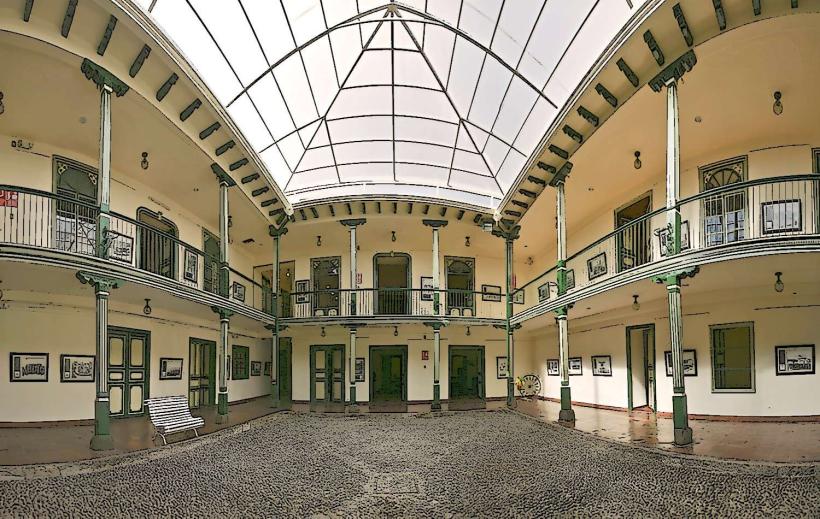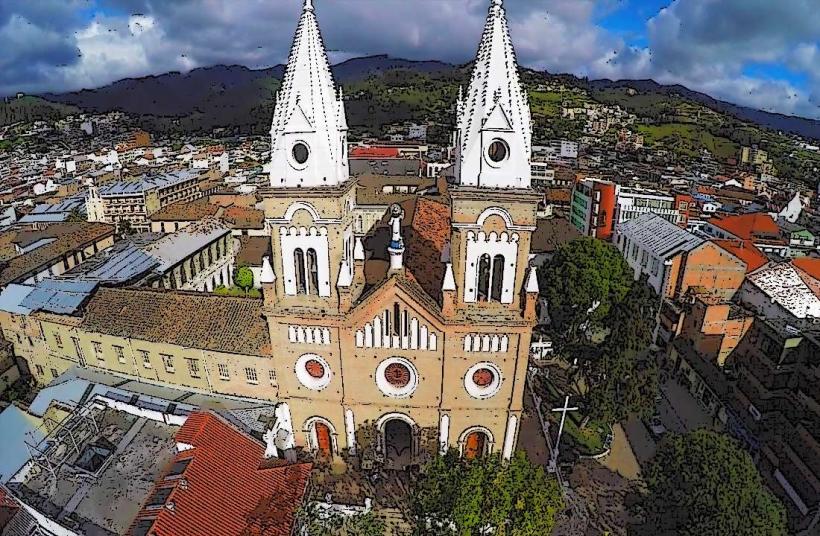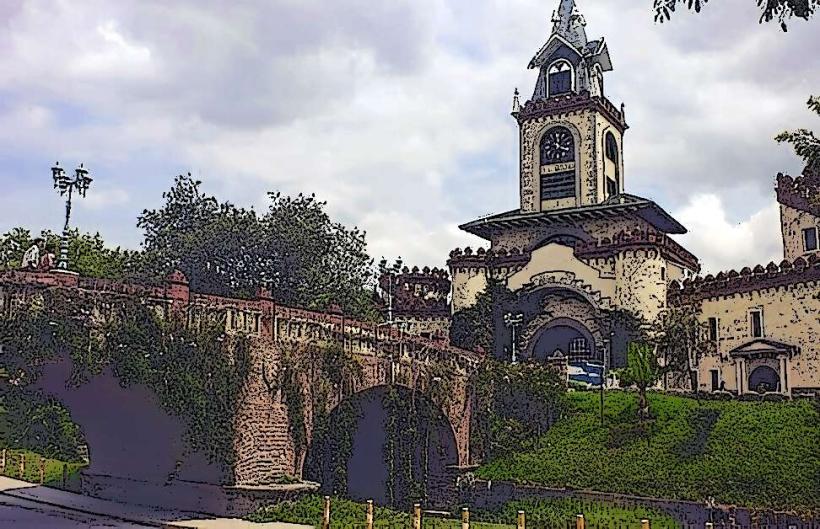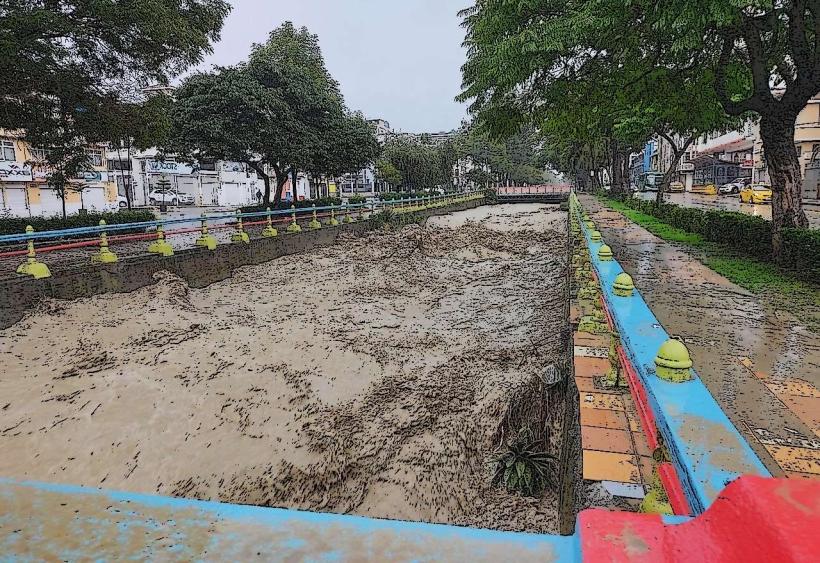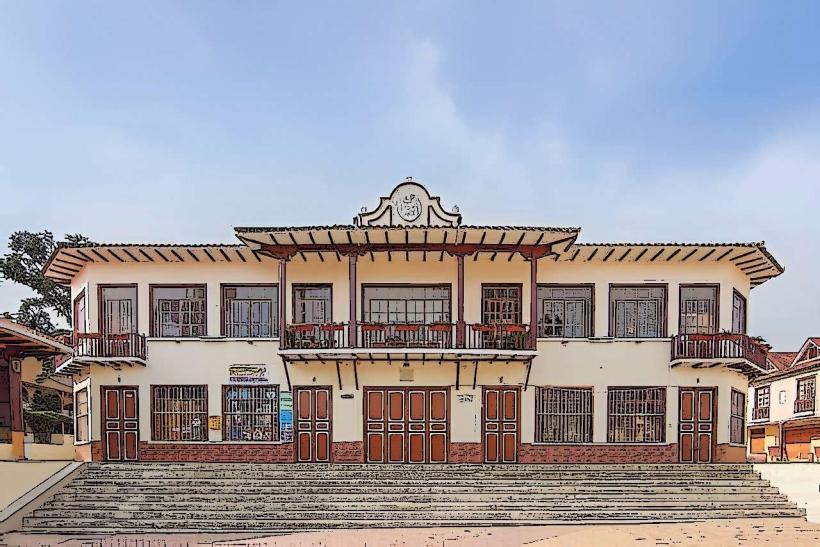Information
Landmark: Museo de LojaCity: Loja
Country: Ecuador
Continent: South America
Museo de Loja, Loja, Ecuador, South America
Museo de Loja – A Window into the History and Culture of Loja, Ecuador
The Museo de Loja (Loja Museum) is one of the key cultural institutions in Loja, Ecuador, dedicated to preserving and showcasing the region's rich history, art, and cultural heritage. Established in 1950, the museum plays an important role in educating visitors about the diverse cultural and natural aspects of Loja and the surrounding southern Ecuadorian region.
Located in the heart of Loja, the museum is housed in a historical building that reflects the architectural style of the colonial era, making the museum experience both an exploration of local history and a step back in time to Ecuador’s past.
Key Features of Museo de Loja
1. Historical and Cultural Exhibits
- The Museo de Loja offers a comprehensive look at the history of the region, with displays that cover various historical periods, from pre-Columbian times to colonial and contemporary periods.
- One of the museum’s most notable features is its archaeological collection, which includes a variety of artifacts and tools used by the region's indigenous peoples, such as the Cañari and Inca civilizations. These exhibits highlight the region's pre-Columbian cultural heritage, including ceramics, stone tools, and jewelry.
- The museum also features a significant collection dedicated to the colonial era, showcasing religious art, paintings, sculptures, and furniture from the period when Loja was an important Spanish colonial city.
2. Art and Contemporary Culture
- In addition to its historical exhibits, the museum has a collection of contemporary art that represents the modern cultural scene of Loja. This includes works by local artists, reflecting the region's evolving art styles and cultural movements.
- The museum frequently hosts temporary art exhibitions and cultural events, where visitors can view modern art, attend workshops, or participate in community events that celebrate Loja’s artistic and cultural identity.
3. Ethnographic Displays
- One of the museum’s strengths is its ethnographic exhibits, which delve into the traditions, folk art, and customs of the region’s indigenous groups and mestizo communities. This section includes textiles, clothing, musical instruments, and crafts that provide a window into the daily lives and spiritual practices of Loja's inhabitants.
- The museum explores the local indigenous cultures, especially the Cañari people, who inhabited the Loja region long before the arrival of the Spanish. Artifacts and exhibits related to Andean cosmology, rituals, and the traditional use of plant-based medicines are prominent in this section.
4. Archaeological Collection
- One of the museum’s highlights is its collection of archaeological artifacts, which include remains from pre-Columbian civilizations. The collection offers valuable insight into the ancient cultures of Loja and southern Ecuador, including the Cañari and Inca civilizations.
- Visitors can learn about the early societies that lived in the region, their architectural styles, and the materials they used for construction, ceramics, and ornamentation.
5. Historical Artifacts
- The museum displays a variety of historical items such as colonial-era furniture, coins, documents, and military equipment. These items highlight the social, economic, and political evolution of Loja from its colonial past to its more recent history.
6. Architecture
- The museum is housed in a historic colonial building that adds to its charm and significance. The architecture of the building itself is a representation of Loja’s rich colonial past, with arched doorways, high ceilings, and elegant courtyards. The museum’s architecture complements the exhibits, offering visitors an immersive experience of Loja’s history.
7. Educational and Cultural Programs
- The Museo de Loja is also an important hub for education and community outreach. It offers a variety of educational programs aimed at schools, students, and local residents. Workshops, guided tours, and interactive exhibits make the museum an engaging experience for all ages.
- Additionally, the museum hosts cultural events, including folk dance performances, music concerts, and film screenings, that showcase Loja’s vibrant cultural scene.
Visitor Information
- Location: Museo de Loja is located in the city center of Loja, making it easily accessible for tourists and locals. Its central location also allows visitors to explore other nearby historical sites, parks, and cultural attractions.
- Opening Hours: The museum is typically open on weekdays, with specific hours for visitors to explore its collections. It is recommended to check the hours in advance, as they may vary.
- Entrance Fees: Entrance fees are usually affordable, and the museum offers discounts for students and children. There may also be special rates for group visits or educational programs.
Conclusion
The Museo de Loja is an essential destination for anyone interested in the history, art, and culture of Loja and southern Ecuador. It provides a deep dive into the region’s rich past, from its pre-Columbian roots to its colonial and modern developments. Whether you're a history enthusiast, an art lover, or someone curious about Ecuador’s cultural heritage, this museum offers a fascinating journey through the diverse and vibrant world of Loja.

